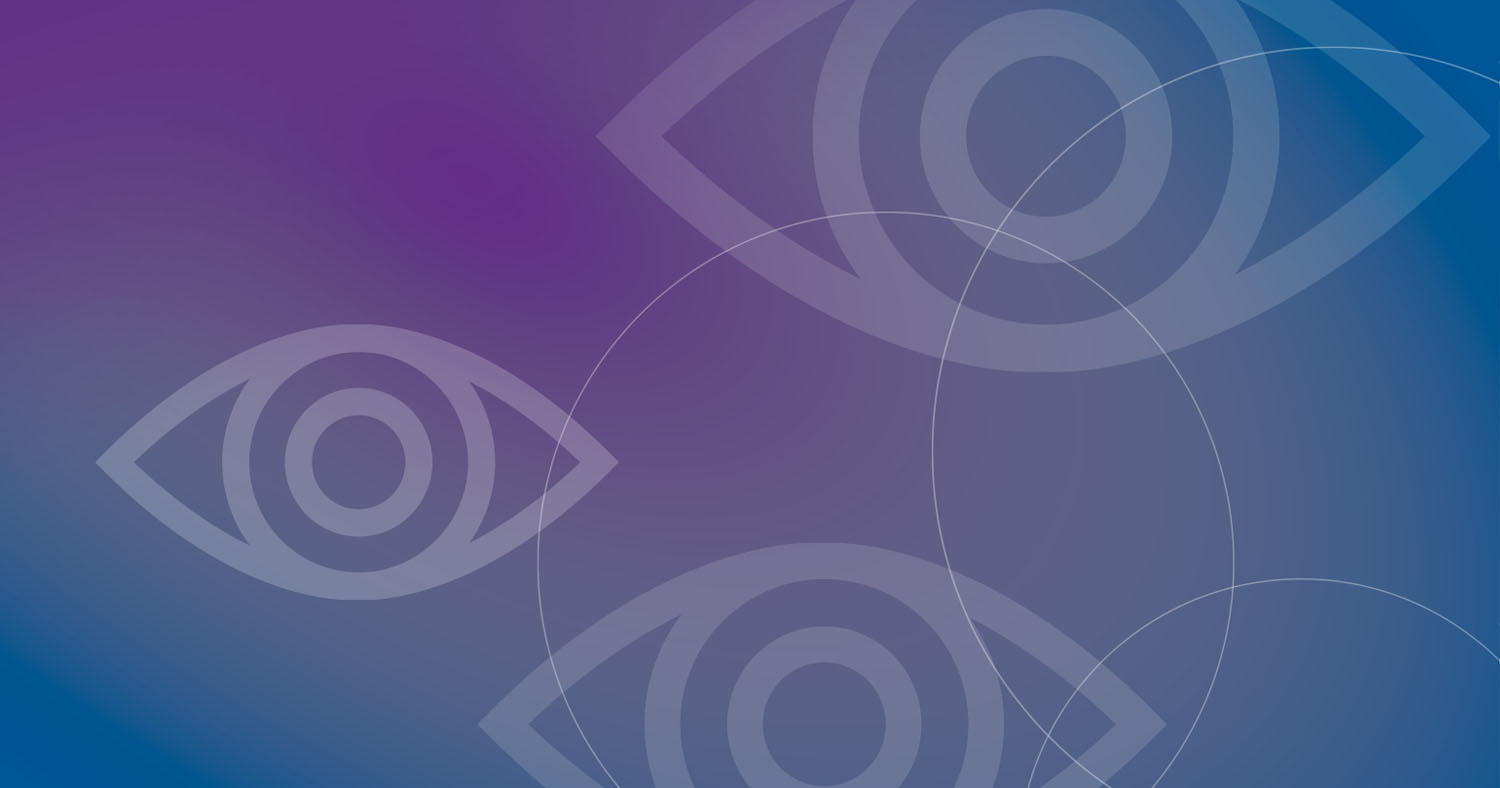Prevent Blindness recommends a continuum of eye care for children to include both vision screening and comprehensive eye examinations. All children, even those with no signs of trouble, should have their eyes checked at regular intervals. Any child who experiences vision problems or shows symptoms of eye trouble should receive a comprehensive eye examination by an optometrist or an ophthalmologist.
Vision screenings
Eye exams
A comprehensive eye examination includes an evaluation of the refractive state, dilated fundus examination, visual acuity, ocular alignment, binocularity, and color vision testing, where appropriate. Eye exams can take one to two hours to complete depending on the procedures conducted. Be sure to schedule your child’s eye exam for a time that will not conflict with naps or meals. Bring snacks or quiet toys to the appointment to ensure young children remain comfortable.
Suggested timetables for children’s eye health, based on key children’s health organizations are:
Newborn infants
During regular well baby exams, from birth to 3 years of age
If a child fails a vision screening or there is any concern of an eye or vision problem
The child should be referred for a comprehensive professional eye examination. This combination of vision screenings with referral for a comprehensive professional eye examination are the recommendations of the American Academy of Pediatrics, the American Academy of Ophthalmology, and the American Association for Pediatric Ophthalmology and Strabismus. The American Optometric Association supports a comprehensive professional eye examination performed by an eye doctor at age 6 months, 3 years and 5 years for all children.
Prevent Blindness strongly believes that some children should be directly referred to an eye care specialist for a comprehensive eye examination rather than undergo a vision screening. These include:
- Children with readily recognized eye abnormalities such as a crossed or wandering eye or a droopy eyelid.
- Children with known neurodevelopmental disorders in any area (e.g., hearing impairment, motor abnormalities such as cerebral palsy, cognitive impairment, autism spectrum disorders, speech delay). These children have a higher rate of vision problems than those without neurodevelopmental abnormalities.
- Children with identified systemic diseases known to have associated eye disorders, or those with family histories of a first-degree relative with strabismus, amblyopia, or high refractive error.
- Children whose parents believe their child may have a vision-related problem.
Children’s Vision And Eye Health Report
A Snapshot of Current National Issues
Vision plays an important role in children’s physical, cognitive, and social development. More than one in five preschool-age children enrolled in Head Start have a vision disorder. Uncorrected vision problems can impair child development, interfere with learning, and even lead to permanent vision loss; early detection and treatment are critical. Visual functioning is a strong predictor of academic performance in school-age children, and vision disorders of childhood may continue to affect health and well-being throughout the adult years.
Prevent Blindness and Children’s Vision
We work to make sure that everyone has a chance to enjoy a lifetime of healthy vision, starting in infancy and continuing through adulthood. Here’s how we help make sure that children can see well to learn and grow.


